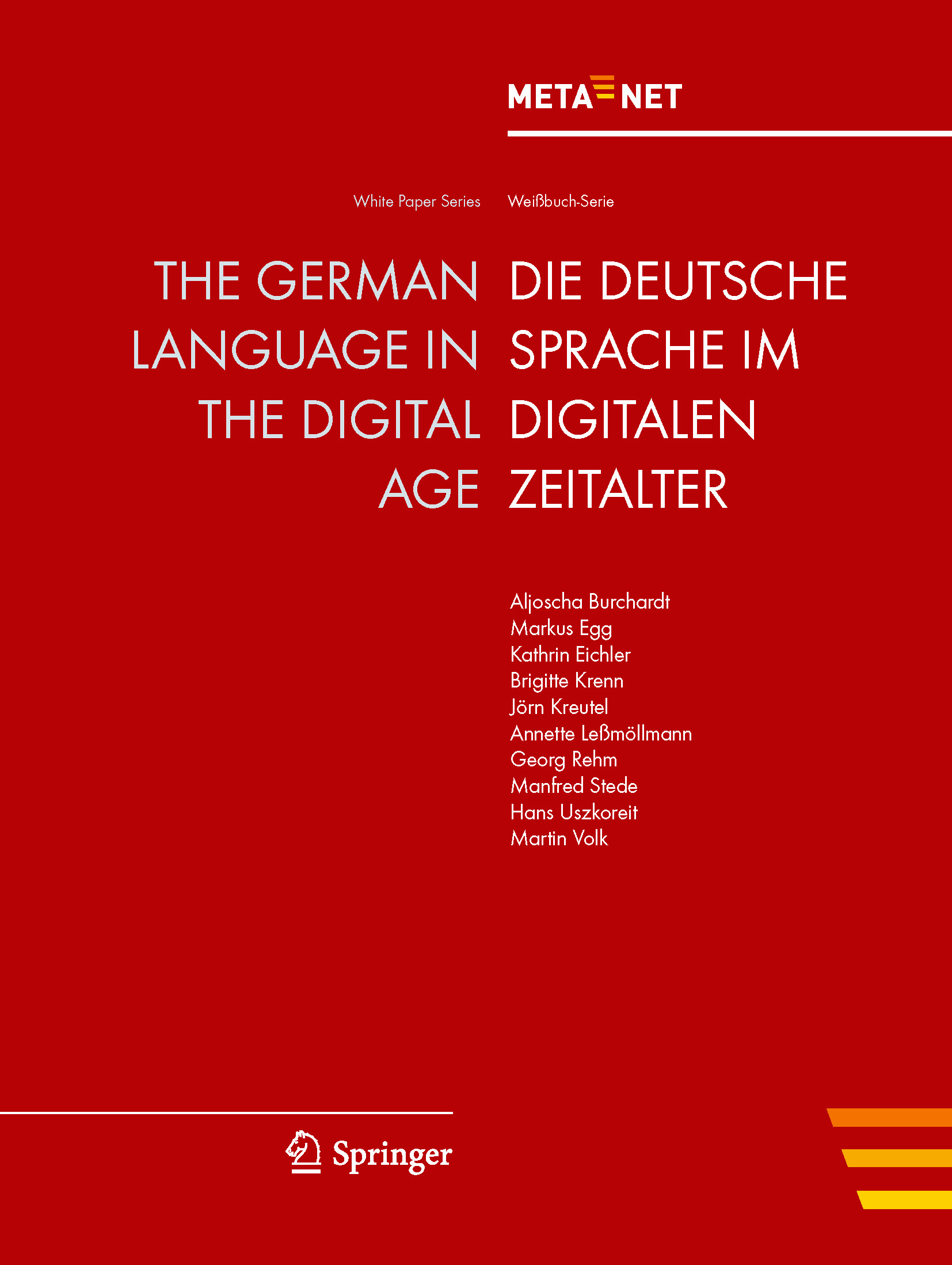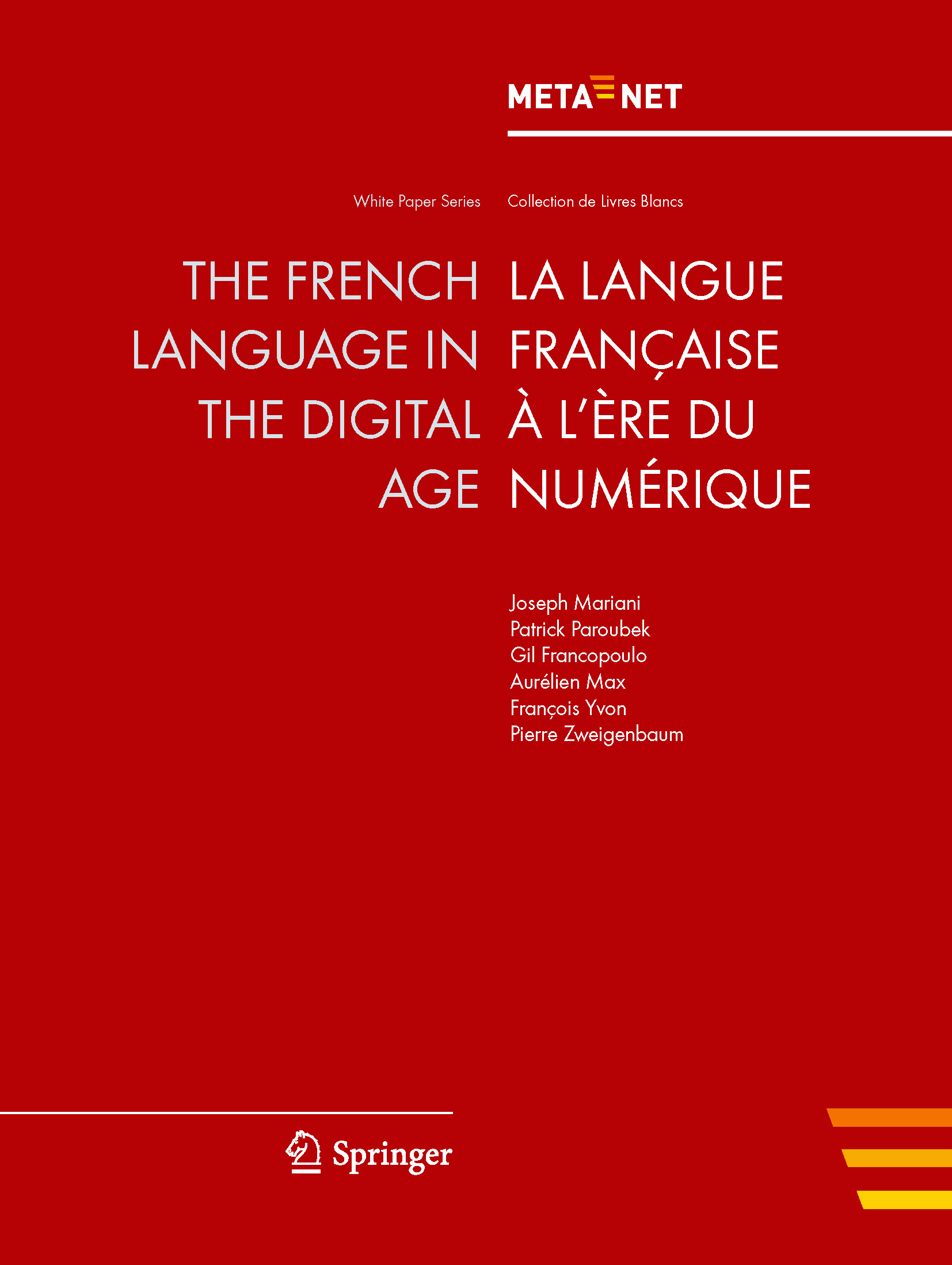The Languages of Luxembourg
The three official languages that are also most spoken in Luxembourg are Luxembourgish, French and German. Many citizens grow up bi- or trilingual and every pupil has to learn these three languages and English in school. It is not surprising that 98% of the citizens can speak French, 80% English, 78% German and 70% Luxembourgish. Luxembourgish became an official language 1984. Beforehand, the standardisation of the writing system took place until the middle of the 20th century. Luxembourgish is also spoken in Arelerland in Belgium, in some parts of Lorraine in France, and at the border to Germany. Furthermore, small Luxembourgish speaking communities exist in the US, Canada and Transilvania. Luxembourgish has several regional small dialects which differ in vocabularies and phonetics. It belongs to the West-Germanic languages and is part of the Moselle-Franconian dialect. The Moselle-Franconian area ranges from some regions in the West of Germany over Luxembourg and some German-speaking communities in Belgium to the French department of Moselle.
Features of Luxembourgish:
- The vocabulary contains many German and French borrowings. To some extent, compounds exist which consist of German and French parts like “buschauffeur”.
- The phonetic system also reflects the influence of German and French. Many sounds can be found in German or French phonetic systems, except for the eight diphthongs. The standard German has only three diphthongs.
- The morphosyntax of Luxembourgish resembles the German morphosyntax. It is also a SOV language with the verb at the second position in a main sentence and at the last position in a subordinate clause.
- The inflectional system is expressed with the determiners of the nouns or pronouns. Furthermore, a possessive relation (marked with the genitive case in many Germanic languages) has to be circumscribed with a dative declined noun and a possessive determiner, because Luxembourgish has only three cases: nominative, dative and accusative.
More detailed information about the languages can be found on the NNC pages for:
NCC Lead Luxembourg
Dr. Dimitra Anastasiou works as a Research and Technology Associate at the Luxembourg Institute of Science and Technology. In 2021-2023, she is coordinating the project ENRICH4ALL (INEA/CEF, No. 2020-EU-IA-0088), which is about developing and deploying a multilingual chatbot (based on eTranslation) for public administration. In 2015, she was awarded the Marie Curie Individual Fellowship grant on the subject of Tangible User Interfaces. She is the Technical NAP in the ELRC project and also part of the European Language Equality (ELE) project. Dimitra Anastasiou has published over 40 articles and conference or workshop proceedings since she has accomplished her PhD in 2010 with the topic "Idiom Treatment Experiments in Machine Translation".

Current National Initiatives
- There is no specific LT programme.
- At the University of Luxembourg, there is the Institut de langue et de littératures luxembourgeoises (Institute of Luxembourgish language and literature), which had, until 2014, projects on lexicography and phraseology. The latest project (2013-2016) is about the standardisation of the German language in Luxembourg.
- There have also been some projects related to LT funded by INTERREG Grande Région, however there is no dedicated funding for LT.
- The Luxembourg National Research Fund has recently reviewed its priorities. One of these is the multilingual situation in the school system.
Editors of Encyclopaedia Britannica. Luxembourgish Language. In Ecyclopaedia Britannica. Retrieved 15:00, June 25, 2020 from https://www.britannica.com/topic/Luxembourgish-language. Wikipedia contributors. (2020, June 16). Luxembourgish. In Wikipedia, The Free Encyclopedia. Retrieved 14:00, June 25, 2020, from https://en.wikipedia.org/wiki/Luxembourgish. Peter Gilles, Jürgen, Trouvain (2013). Luxembourgish. In Journal of the International Phonetic Association 43(1), Cambridge University Press, pp. 67-74. Retrieved 15:00, June 25, 2020, from https://www.cambridge.org/core/journals/journal-of-the-international-phonetic-association/article/luxembourgish/3C9FB295A261FD6F28D694252B06B4A3/core-reader. Information and Press Service of the government of Luxembourg, Ministry of Foreign and European Affairs of Luxembourg (2020, March 27). An intro to ‘Lëtzebuergesch’: Discover Luxembourg's national language. Retrieved 16:00, June 25, 2020, from https://luxembourg.public.lu/en/society-and-culture/languages/introduction-letzebuergesch.html. Wikipedia contributors. (2020, June 8). Moselle Franconian Language. In Wikipedia, The Free Encyclopedia. Retrieved 16:00, June 25, 2020, from https://en.wikipedia.org/wiki/Moselle_Franconian_language.
Events
| 2021 | |||
|---|---|---|---|
| 8th Regional ELG Workshop: Belgium, Luxembourg |
Regional workshop | Ghent, Belgium | July 8 |
META-NET White Paper on German and French
Aljoscha Burchardt, Markus Egg, Kathrin Eichler, Brigitte Krenn, Jörn Kreutel, Annette Leßmöllmann, Georg Rehm, Manfred Stede, Hans Uszkoreit, and Martin Volk. Die Deutsche Sprache im digitalen Zeitalter - The German Language in the Digital Age. META-NET White Paper Series: Europe's Languages in the Digital Age. Springer, Heidelberg, New York, Dordrecht, London, 2012. Georg Rehm and Hans Uszkoreit (series editors).
Full text of this META-NET White Paper (PDF)
Additional information on this META-NET White Paper
Joseph Mariani, Patrick Paroubek, Gil Francopoulo, Aurélien Max, François Yvon, and Pierre Zweigenbaum. La langue française à l' Ère du numérique - The French Language in the Digital Age. META-NET White Paper Series: Europe's Languages in the Digital Age. Springer, Heidelberg, New York, Dordrecht, London, 9 2012. Georg Rehm and Hans Uszkoreit (series editors).
Full text of this META-NET White Paper (PDF)
Additional information on this META-NET White Paper
Availability of Tools and Resources for German and French (as of 2012)
The following table illustrates the support of the German language through speech technologies, machine translation, text analytics and language resources.
| Speech technologies | Excellent
support |
Good
support |
Moderate
support |
Fragmentary
support |
Weak/no
support |
|---|---|---|---|---|---|
| Machine translation | Excellent
support |
Good
support |
Moderate
support |
Fragmentary
support |
Weak/no
support |
| Text analytics | Excellent
support |
Good
support |
Moderate
support |
Fragmentary
support |
Weak/no
support |
| Language resources | Excellent
support |
Good
support |
Moderate
support |
Fragmentary
support |
Weak/no
support |
The following table illustrates the support of the French language through speech technologies, machine translation, text analytics and language resources.
| Speech technologies | Excellent
support |
Good
support |
Moderate
support |
Fragmentary
support |
Weak/no
support |
|---|---|---|---|---|---|
| Machine translation | Excellent
support |
Good
support |
Moderate
support |
Fragmentary
support |
Weak/no
support |
| Text analytics | Excellent
support |
Good
support |
Moderate
support |
Fragmentary
support |
Weak/no
support |
| Language resources | Excellent
support |
Good
support |
Moderate
support |
Fragmentary
support |
Weak/no
support |

